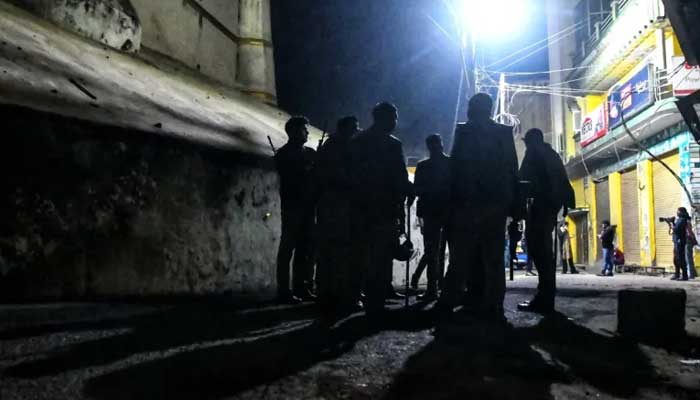Indian police killed three pro Khalistani

- Three separatists belonged to Khalistan Zindabad Force.
- Men were wanted for involvement in grenade attack on police.
- Police recover two assault rifles, two pistols and ammunition.
Indian police said on Monday they had killed three Sikh separatists fighting for a separate homeland known as “Khalistan”, the struggle for which sparked deadly violence in the 1980s and 1990s.
The campaign for pro Khalistan was at the heart of a diplomatic firestorm last year after Indian intelligence operatives were linked to the killing of a vocal Sikh leader in Canada and an attempted assassination in the United States — claims New Delhi rejected.
In the latest incident, the pro Khalistani rebels were killed after a gun battle in Pilibhit district in the northern state of Uttar Pradesh.
The men were wanted for their alleged involvement in a grenade attack on a police outpost in Punjab state this month.
Pilibhit police superintendent Avinash Pandey said officers had surrounded the men after a tip-off, with the suspects launching “heavy fire”.
“In the retaliatory action, all three were critically injured and later died in hospital,” he said. Police recovered two assault rifles, two pistols and a large cache of ammunition.
The three men belonged to Khalistan Zindabad Force, a separatist group, Punjab police chief Gaurav Yadav said in a statement.
The Khalistan campaign dates back to India’s 1947 independence and has been blamed for the assassination of a prime minister and the bombing of a passenger jet.
It has been a bitter issue between India and several Western nations with large Sikh populations.
New Delhi demands stricter action against the pro Khalistan movement, which is banned in India, with key leaders accused of “terrorism”.